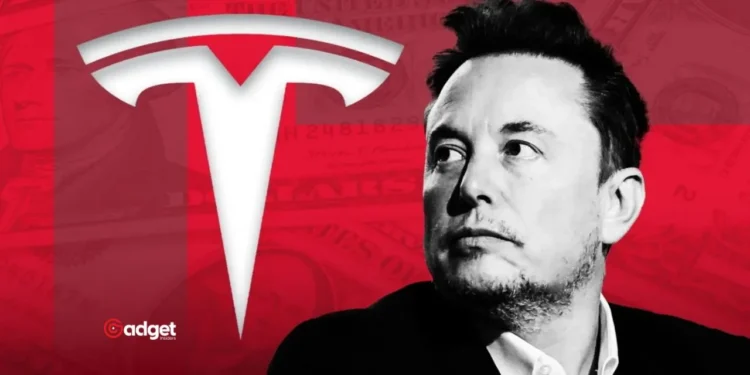Tesla Inc. (TSLA) and its visionary leader, Elon Musk, are at the center of a heated debate with institutional investors over a controversial $58 billion compensation package, sparking significant discourse in the financial community. As the electric-vehicle pioneer continues to push boundaries in automotive technology, it now faces internal challenges relating to its corporate governance and compensation strategies.
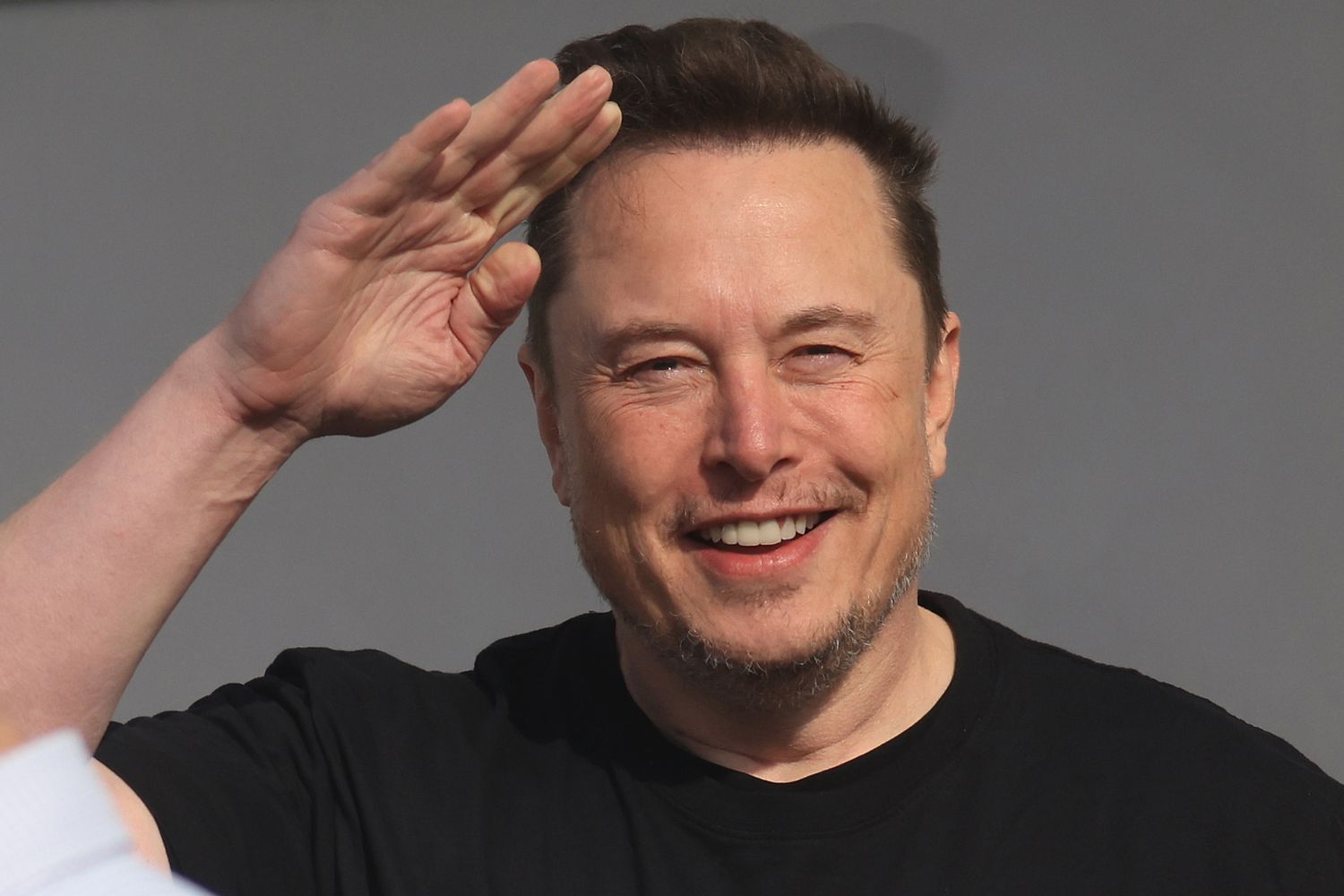
A Compensation Controversy
In a recent disclosure, Tesla responded to criticisms by proxy advisory firm Glass Lewis regarding Musk’s 2018 pay package, which has been a point of contention for six years. The advisory firm criticized the package as “excessive” and highlighted its “dilutive impact” on current shareholders, even opposing Tesla’s proposal to reincorporate in Texas from Delaware.
Tesla defended its decision in a letter to shareholders, asserting that the pay package played a critical role in the company’s unprecedented growth, which saw its market value increase by over $735 billion under Musk’s leadership. “Elon has acknowledged on the record that the 2018 Performance Award incentivized and motivated him to help Tesla achieve this extraordinary growth,” the company stated.
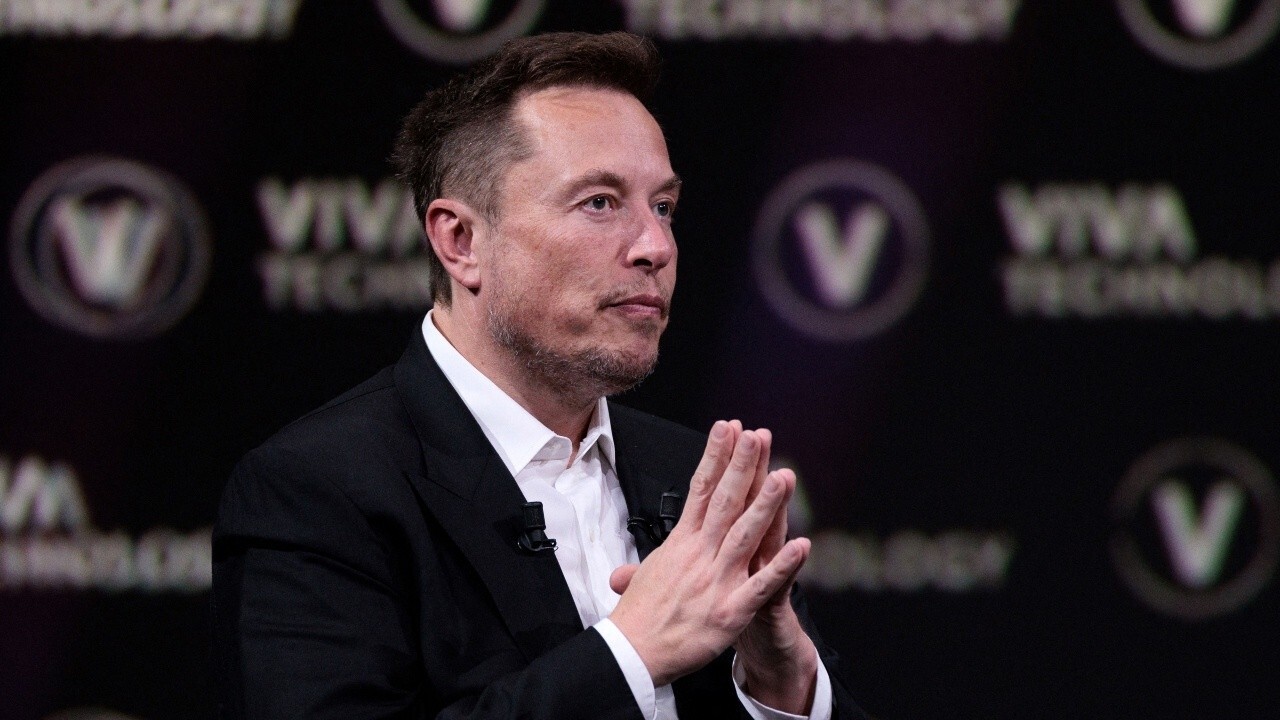
Institutional Resistance and Musk’s Reactions
The tension escalated when the California Public Employees’ Retirement System (CalPERS), the largest public pension fund in the U.S. by assets, announced its decision to vote against the approval of Musk’s pay package. Elon Musk, not one to shy away from public discourse, expressed his displeasure on social media platform X, calling CalPERS “oathbreakers” and accusing them of having “no honor.”
Adding to the complexity, a Delaware court earlier this year voided the 2018 compensation plan, labeling it as excessive and unfair to shareholders. Despite this, The board has been actively seeking support from its retail investor base, which holds around 30% of Tesla stock, to ratify the pay package anew.
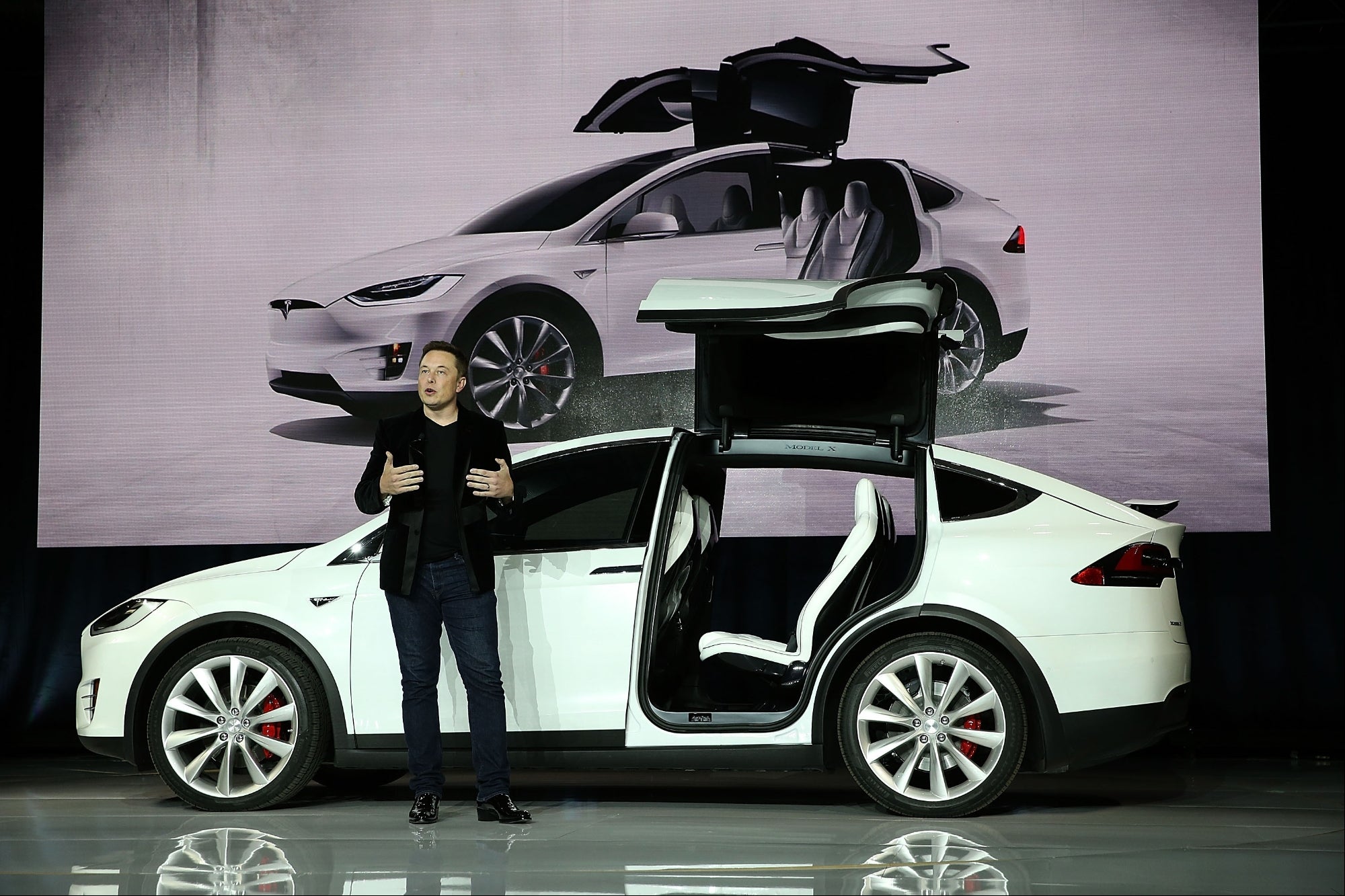
Tesla’s Crucial Meeting Amid Investor Scrutiny
As Tesla prepares for its annual shareholder meeting on June 13, the stakes are high. The board has recommended a “yes” vote on both reincorporation in Texas and Musk’s pay, signaling their continued support for Musk’s leadership.
However, the opposition from prominent institutional investors like Vanguard, Amalgamated Bank, and Nordea Asset Management underscores the growing scrutiny and skepticism surrounding the compensation deal.
Tesla’s stock performance has mirrored this tumultuous period, with shares experiencing volatility around key company announcements and financial reports. The automaker has seen its shares dip by approximately 30% this year, though there has been a rally since the first-quarter earnings were announced.
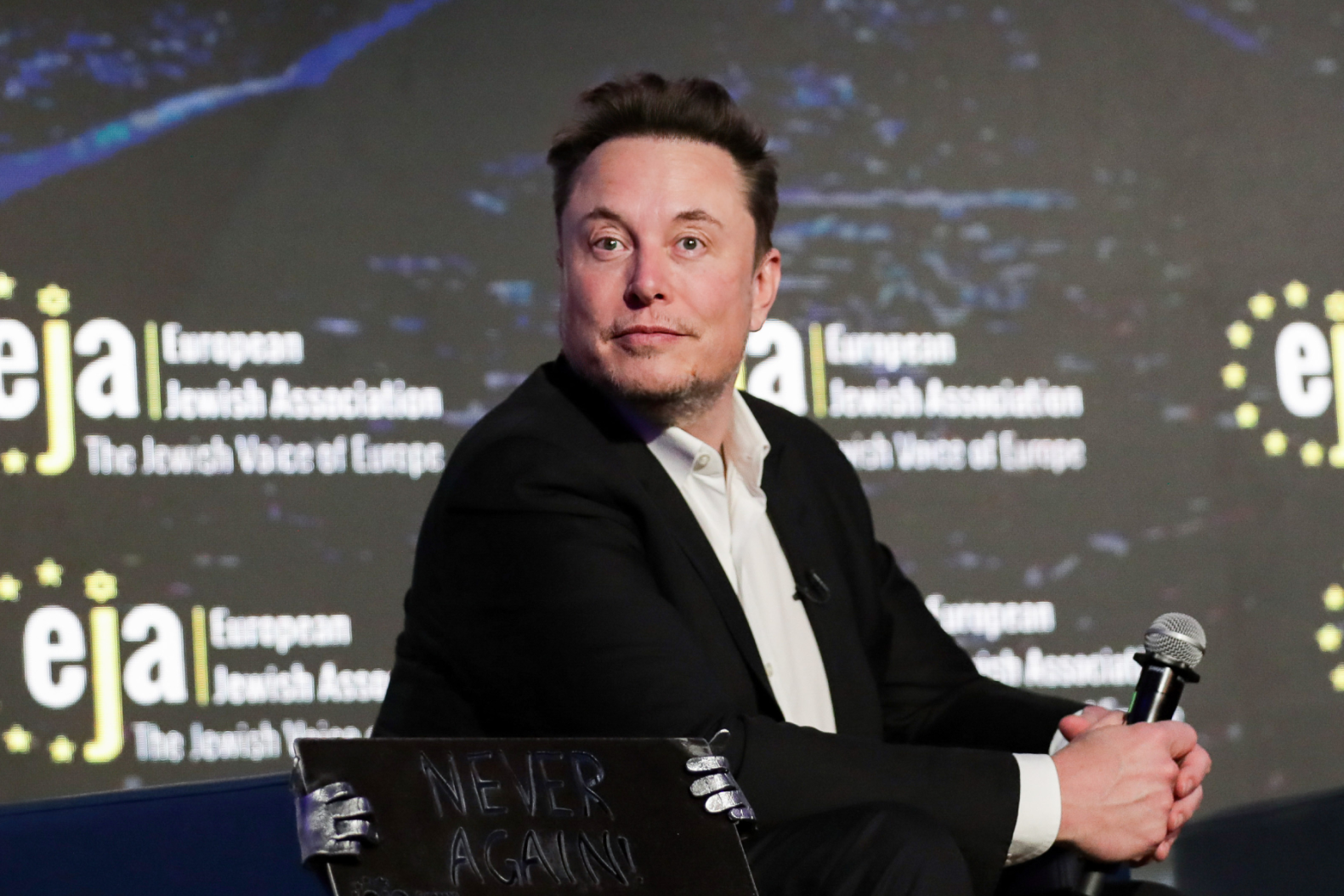
Market Perspectives and Analyst Views
Adam Jonas from Morgan Stanley, a well-known automotive analyst, suggested that the upcoming shareholder meeting might lead to significant market volatility. “While impossible to predict the outcome, we expect the event could drive material volatility in the stock,” Jonas noted.
As Tesla continues to navigate these choppy waters, the outcome of the June shareholder vote could be pivotal for the company’s future direction and governance. With the eyes of the world watching, the decision will not only affect Tesla’s market position but also set precedents for executive compensation in the tech and automotive industries.

